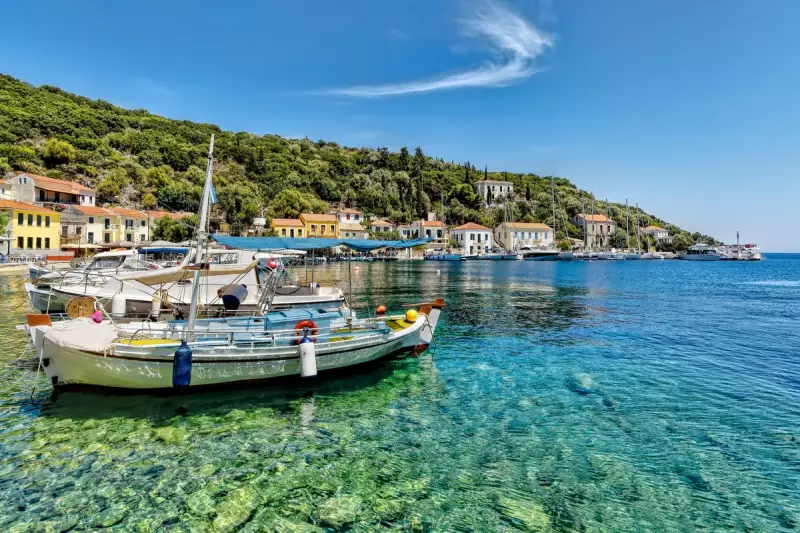
Greece's iconic coastline is undergoing a dramatic transformation as authorities implement sweeping measures to combat the effects of overtourism on some of the country's most beloved destinations.
The New Reality for Beachgoers
Visitors to famous Greek islands including Mykonos, Santorini, and Crete will encounter a very different beach experience this season. In a bold move to manage overwhelming visitor numbers, the Greek government has introduced a mandatory reservation system for accessing certain beaches, alongside strict time limits on sunbed usage.
Which Islands Are Affected?
The new regulations target 19 designated "protected beaches" across multiple popular destinations:
- Mykonos - 8 beaches including Super Paradise and Kalo Livadi
- Santorini - 2 key locations
- Crete - 4 beaches
- Ithaka - 5 coastal areas
How the System Works
Travellers must now navigate a digital booking platform called MyCoast to secure their spot on these coveted shores. The system operates on a straightforward but restrictive basis:
- Visitors book specific time slots for beach access
- Sunbed usage is limited to maximum periods
- Free zones must be maintained for public access
- Strict enforcement by local authorities
Behind the Crackdown
This unprecedented intervention stems from growing concerns about environmental degradation and the privatisation of public spaces. Many beach bars and restaurants had effectively taken over public beaches, creating what critics called "deckchair colonies" that excluded ordinary visitors.
Tourism Minister Olga Kefalogianni emphasised that these measures aim to strike a balance between welcoming visitors and preserving Greece's natural heritage. "We want to ensure that everyone can enjoy our beautiful coastline," she stated.
What This Means for Your Greek Holiday
While the changes primarily affect specific organised beaches on the listed islands, they signal a broader shift in how Greece manages its tourism industry. Travellers should:
- Research whether their chosen beaches require reservations
- Book time slots in advance during peak season
- Be prepared for potential time limitations
- Explore lesser-known beaches that may offer more flexibility
As one local business owner noted, "This is a necessary evolution. We cannot continue with the free-for-all approach that was damaging our environment and frustrating visitors."
The measures represent Greece's most significant attempt yet to tackle the challenges of overtourism while preserving the natural beauty that makes these destinations so irresistible to travellers worldwide.





